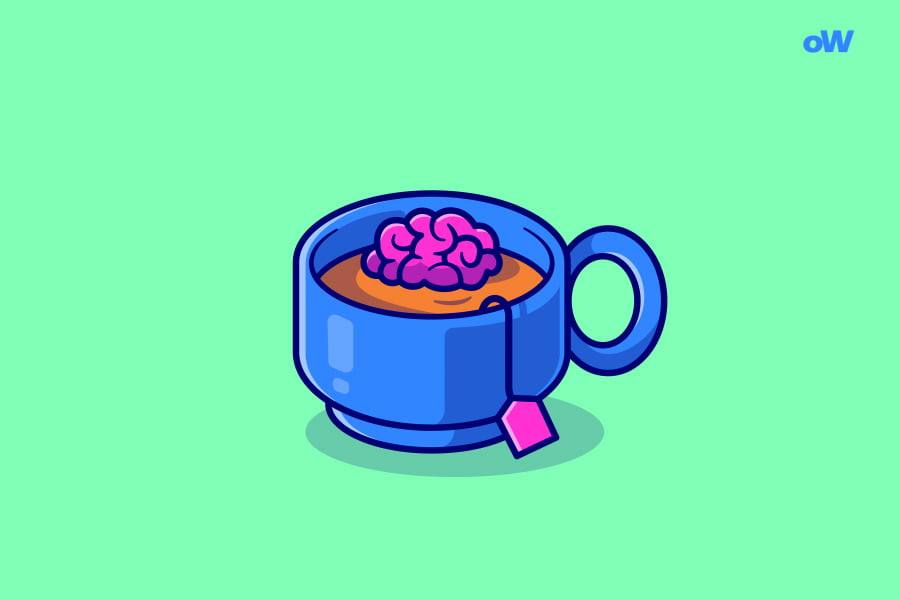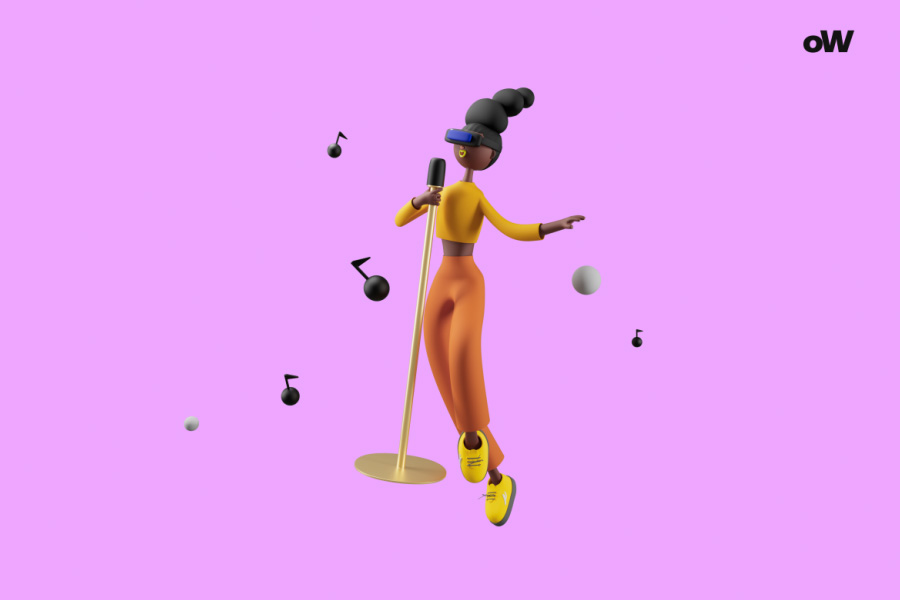Quiz: What Music Genre Am I?


Sometimes just a few chords are enough to completely change your mood, transport you to memories, or feel a surge of energy. The phenomenon of music’s influence on human consciousness remains one of the most fascinating mysteries in neuropsychology. And while scientists continue to study the mechanisms of music’s effects on the brain, we already know enough to assert that the choice of musical genre is closely tied to our personality.
What Are Musical Genres?
A musical genre is a complex system of sound codes and cultural references. Each genre forms over decades, absorbing social context, technological capabilities, and the artistic ambitions of its creators. Take jazz, for example – it’s impossible to imagine it without the influence of African American culture from the early 20th century, the emergence of the saxophone, and the development of improvisational techniques.
In today’s world, the boundaries between genres are becoming increasingly blurred. Artists like Flying Lotus create music that simultaneously belongs to jazz, hip-hop, and electronic music. Nevertheless, the basic characteristics of genres persist: certain rhythm patterns, approaches to arrangement, sound processing methods, and the philosophy of music creation.
Why Do Musical Genres Resonate With Us?
Musical preferences are formed under the influence of multiple factors: from cultural background to the peculiarities of the auditory cortex. Research shows that our brain begins responding to music even before birth – a fetus can distinguish rhythmic patterns and remember melodies.
Music’s Impact on Personality and Mood
The connection between music and emotions is so profound that modern psychotherapy actively uses musical instruments in treating depression and anxiety. Each genre affects us differently: ambient music reduces cortisol levels (stress hormone), while energetic rock increases noradrenaline levels, improving concentration and physical performance.
Interestingly, even the volume at which people listen to music can reveal aspects of their personality. Studies show that extroverts prefer louder music, while introverts prefer moderate volume. This is related to different levels of optimal nervous system stimulation.
Individuality and Musical Taste
Our musical preferences are closely linked to cognitive characteristics. People with developed abstract thinking often choose complex music with non-trivial structure – progressive rock, jazz, or contemporary classical. Those who value emotional depth often find resonance in blues or soul.
German psychologists discovered that metal lovers often possess high intelligence and sensitive emotional organization, contradicting common stereotypes. Meanwhile, classical music enthusiasts demonstrate an increased tendency toward perfectionism and detailed information analysis.
How Does Our Quiz Work?
The quiz is based on a comprehensive analysis of psychological and musical parameters. We consider not only explicit music preferences but also indirect indicators: reactions to certain sound textures, attitude toward improvisation, perception of various rhythmic patterns.
Each quiz question is developed considering the latest research in music psychology. We analyze aspects such as:
- Emotional response to various instrument timbres
- Preferences in musical structure (linear or cyclical)
- Attitude toward experimental forms in music
- Role of lyrical content in music perception
- Social context of music consumption
Popular Musical Genres and Their Characteristics
Pop and Its Universality
Modern pop music is a complex synthesis of multiple influences. While in the 80s, pop was predominantly defined by synthesizer sounds and simple melodic lines, today it includes elements of R&B, electronic music, and even avant-garde. Artists like FKA twigs or Caroline Polachek create pop music that is simultaneously accessible and experimental.
Interestingly, pop song structure has evolved alongside changes in music consumption patterns. In the streaming era, the verse-chorus form often gives way to freer compositional decisions, where the hook might appear in the first seconds of the track.
Rock – The Voice of Freedom and Energy
Rock music has evolved from simple blues forms to complex compositional structures. Modern rock exists in multiple directions: from minimalist post-punk to math rock with its non-trivial time signatures and polyrhythms.
Psychologists note that rock music lovers often possess developed critical thinking and tendency toward nonconformism. They also demonstrate high levels of empathy and capacity for deep emotional experience.
Classical – Choice for Deep Thinkers
Classical music represents a unique phenomenon where emotional depth combines with mathematical precision of structure. Recent studies show that regular classical music listening improves spatial thinking (Mozart Effect) and promotes neuroplasticity.
Interestingly, different classical music epochs attract people with varying cognitive styles. Baroque lovers often demonstrate an inclination toward orderliness and systematic thinking, while Romantic period enthusiasts are more oriented toward emotional perception.
Hip-Hop – Rhythm of the Streets
Modern hip-hop has long outgrown its origins as the voice of African American ghettos. Today it’s a full-fledged musical universe combining elements of jazz, funk, electronic music, and even classical music. Producers like J Dilla or Madlib have created a new musical language whose influence extends far beyond the genre.
Studies show that hip-hop enthusiasts often possess developed linguistic intelligence and ability for rapid verbal information processing. This is connected to the importance of verbal components in hip-hop culture.
Electronic Music – Freedom of Sound
Electronic music represents a unique phenomenon where technological capabilities directly influence aesthetics. From early synthesizer experiments to modern algorithmic compositions, this genre constantly pushes the boundaries of what’s possible in music.
Neuropsychologists have found that regular electronic music listening can influence spatial thinking and capacity for abstract perception. Fans of this genre often demonstrate increased interest in technology and innovation.
In Conclusion
Musical preferences are a complex psychological portrait, reflecting not only our emotional needs but also cognitive characteristics. Understanding our musical inclinations can become a key to deeper self-knowledge and personal development.
It’s important to remember that musical taste isn’t static – it develops along with us, reflecting our life experience and internal changes. Whatever genre might be closer to you today, it’s just one facet of your personality that can reveal itself anew tomorrow.
Exploring your own musical preferences is a journey that never ends. And our quiz is just one of the tools helping you better understand yourself through the prism of musical perception.
Questions Overview
- At full volume
- On headphones while walking
- At parties with friends
- In the car with windows down
- Lyrics that connect
- A melody that makes you dance
- A special mood
- Powerful sound
- Electric guitar
- Synthesizer
- Acoustic guitar
- Drum machine
- Big stadium
- Trendy club
- Cozy bar
- City square
- Freedom and rebellion
- Love and relationships
- Life and social issues
- Personal experiences
- Headbang to the rhythm
- Dance
- Close your eyes and immerse yourself
- Read along with the lyrics
- With cool special effects
- Live performance
- With an interesting story
- With unique artistic concept
- Mosh pit
- Light shows and confetti
- Graffiti artists
- Photo zones and art installations
- In popular music playlists
- In underground groups
- From friends
- At concerts
- Black t-shirt with band logo
- Bright hoodie with print
- Pins and patches
- Cap or bandana
- Artist's energy
- Dance show
- Audience interaction
- Venue atmosphere
- Beer
- Cocktail
- Energy drink
- Water or juice
- Wild crowd energy
- Fun and celebration
- Street culture
- Creative gathering
- Song lyrics
- New music recommendations
- Popular tracks charts
- Band information
- Virtuoso guitarist
- Pop star
- MC or rapper
- Independent musician






